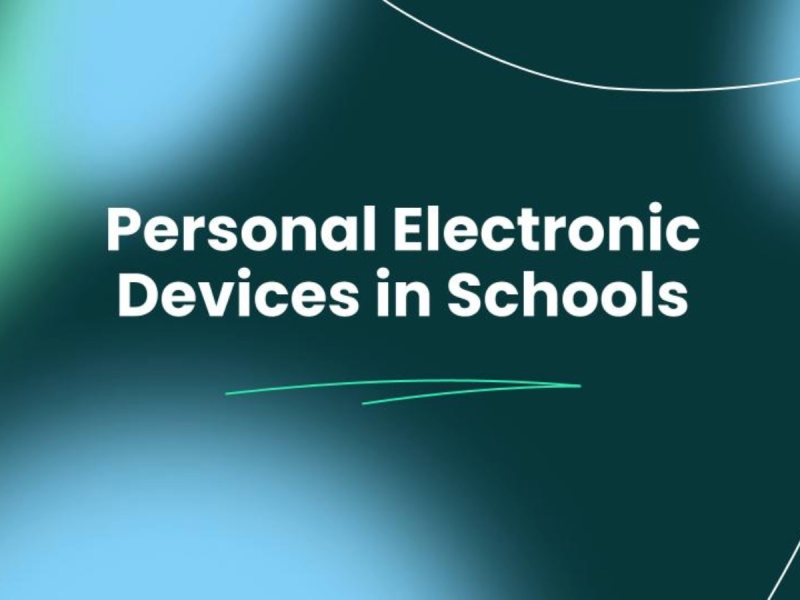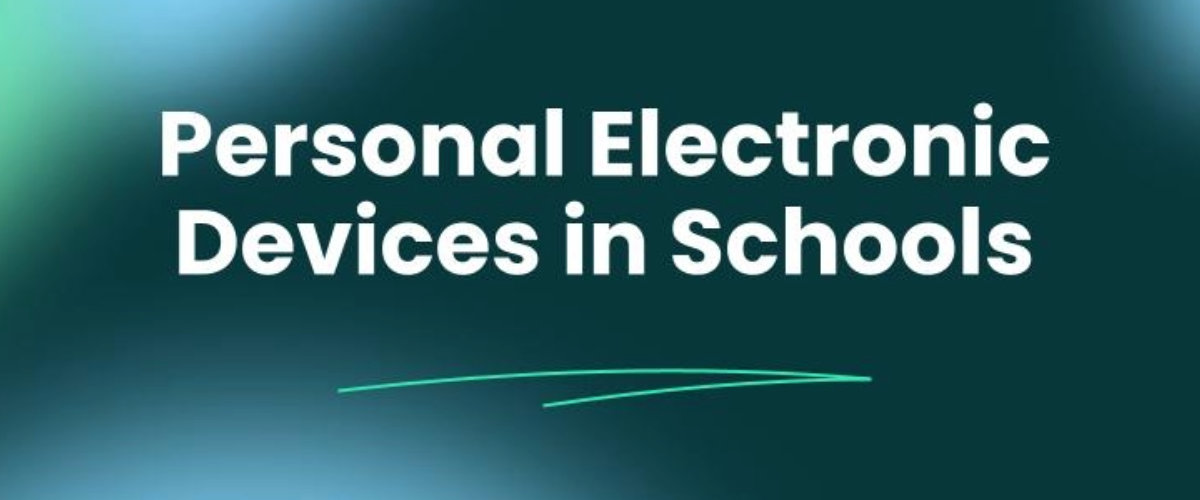

Beginning with 2025-26 School Year
(Spanish) The McMinnville School District is committed to improving academic performance and student well-being, and research shows that removing student cell phones from schools can help.
MSD is working to incorporate the new Oregon Executive Order 25-09 into district policy. The new guidance outlines student cell phone use and requires that student phones be stored during school hours, including passing time and lunch. The Oregon Department of Education also has additional information on their website.
MSD held a community webinar on Wednesday, Aug. 20, 2025, to go over the new guidance and address questions. Click to see the slide deck from the webinar or a recording of the webinar. If you still have questions, you can submit them here.
QUESTIONS & ANSWERS
-
What’s changed with the new guidance?
The new guidance, based on Oregon Executive Order 25-09, stipulates that digital devices must be put away during the full school day. Last year, Mac High implemented a policy that devices must be put away during classes, but allowed during lunch and passing times.
-
What is considered a personal electronic device?
A smart phone or watch, earbuds, a personal laptop or any other device that connects to the Internet.
-
How does this affect middle or elementary school students?
The lower grades have traditionally not allowed phone use in classrooms. This is a change for the high school.
-
Is this a new district policy?
The district has a process to set new school board policy, and we are starting that process this month. We expect to have the updated policy in place by the January 1, 2026 deadline set out in the executive order. We will start the new school year with the new practice, which we believe will be better than making a mid-year change.
-
Where should the devices be stored?
Students can keep their devices in their backpacks, pockets, or lockers. They are not allowed use them during school hours.
-
What are the exceptions?
Students on IEPs or 504 plans that require different kinds of accommodations may be allowed to use them during the day, depending on the student’s circumstances and decisions of their IEP or 504 team. Other exceptions may be allowed by the school administration.
-
What if I need to reach my student or my student needs to reach me during the day?
Families can call the school and get a message to their student, and students can go to the school office and use their cell phones there.
-
How will phone use during passing time be monitored?
Staff provides supervision during the passing period as part of their duty and supervision requirements. We plan to have staff at classroom doors and in hallways, greeting students and providing visual oversight.
-
How will teachers be trained on the new guidance?
Licensed and classified staff return to work one week prior to school beginning. They will be trained during these in-service days.
-
What will the consequences be if students violate the new practice?
The response will be consistent with our building behavior plans and school discipline systems that are outlined in our handbooks. We will help students learn to follow the new guidance. We will start with verbal reminders and, if necessary, move to student consequences, conferences, parent conferences, and possibly requirements that phones be stored in the school office during the day.
-
Why is the guidance changing?
There is ample research that shows limiting access to Internet-connected screens during the school day improves academic performance and student well-being. We want our students to focus on school and strengthen their relationships with their teachers and each other.
-
But students use Chromebooks in class, what’s the difference?
The Chromebooks are programmed to only access certain sites, and we are working with our IT department for that limited access to apply to students’ personal laptops as well. We hope to balance educational use with overuse.
-
What if there is an emergency at school?
Our staff are trained on research-supported responses to emergencies at school. We use communication systems like ParentSquare and partner with our local law enforcement to communicate with our community during an emergency. We have landline phones and public announcement systems in every classroom and learning environment within our district. As a reminder, students may keep their phones in their backpacks or pockets, which would make them available in an emergency.
-
What if students go off campus during lunch?
Consistent with other types of supervision, we are limited in our ability to supervise students who leave campus during lunch.
-
Is the parking lot off-campus?
The parking lots are part of the school campus. We will maintain the same number of high school staff who supervise the parking lots during arrival, lunch, and dismissal. Their primary responsibility at that time is the physical safety of students in relation to automobiles and buses.
-
What about phone use by teachers during class time?
Our staff are professional educators, and we expect teachers to model behavior that values the importance of instructional time. It is important to note that the Executive Order is related to student behavior and does not include staff. There are times when staff use personal electronic devices in the course of their work (e.g. emergency alerts, office communication, information between professionals, etc.) and therefore will have different needs for their devices than students. Our district also has board policy around the use of technology by staff, it can be found here.
-
How can we support the well-being of kids in the era of technology?
A group of parents and MSD staff met on this topic during the 2024-2025 school year and held many parent/community events around Raising Resilience. Here is a resource guide that includes links to articles, podcasts, and videos on the topic. There is also a book study for “The Anxious Generation” by Jonathan Haidt, and a slide deck template for presentations and community discussions on this topic.